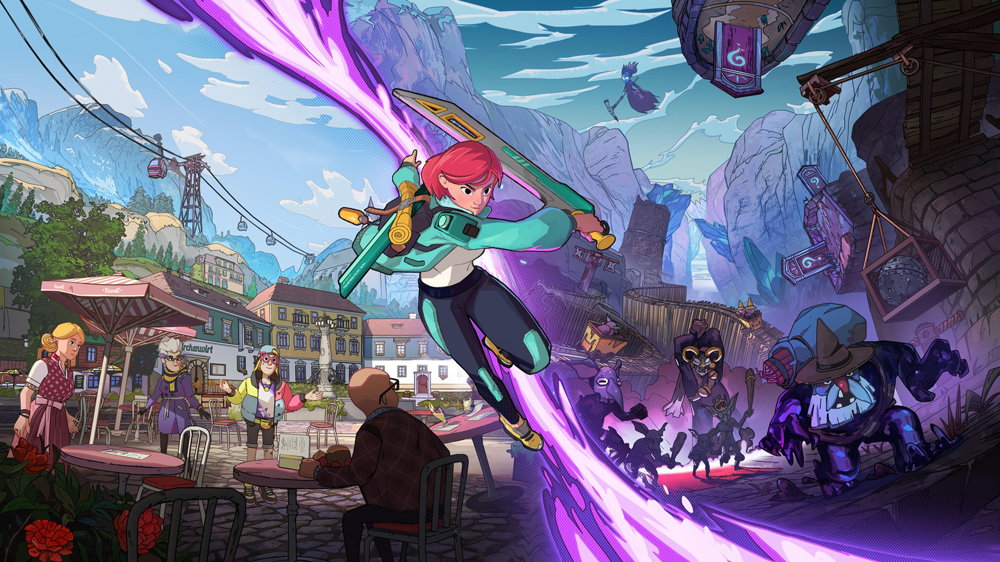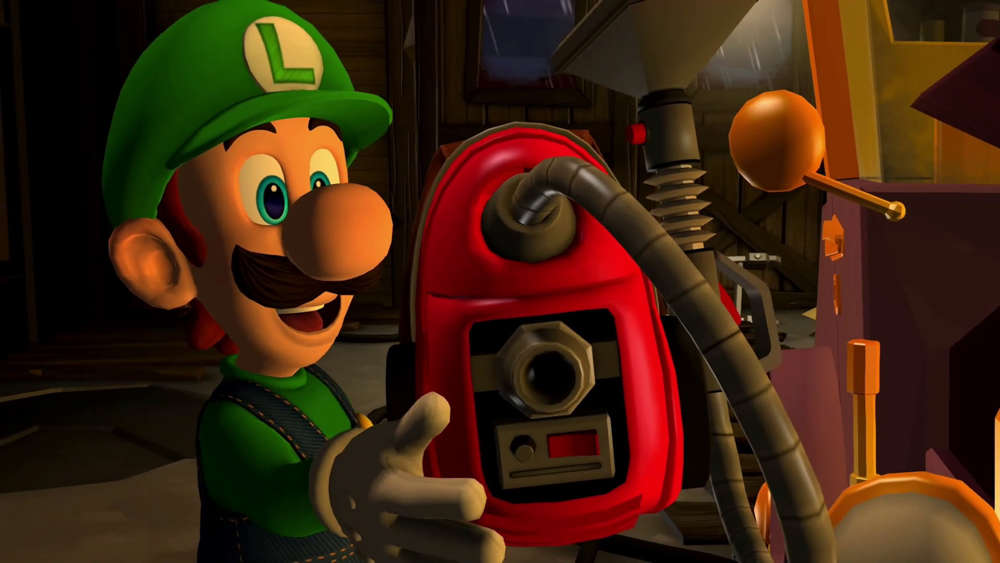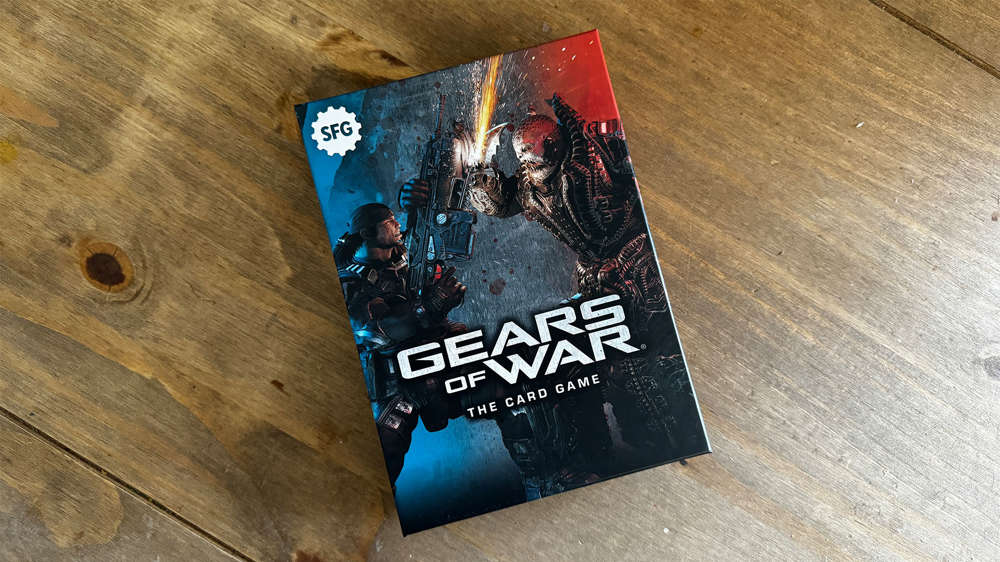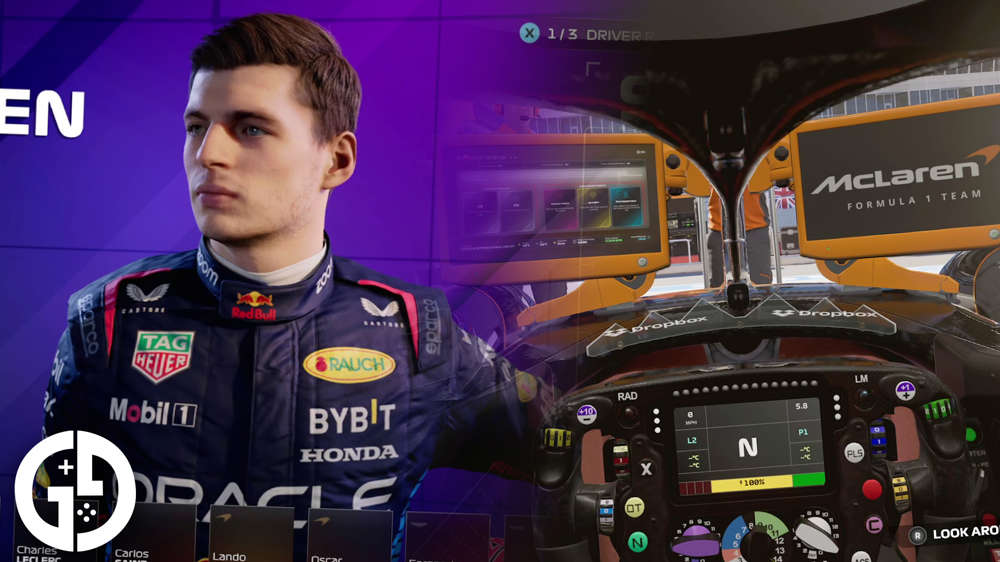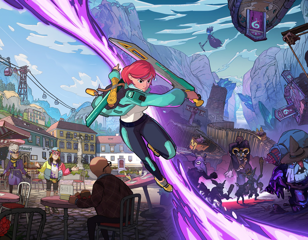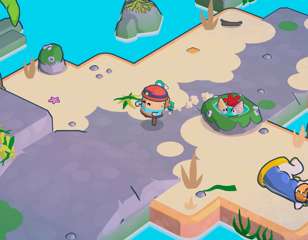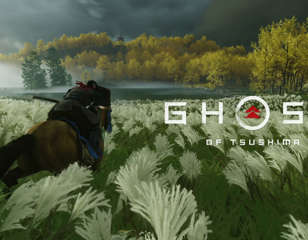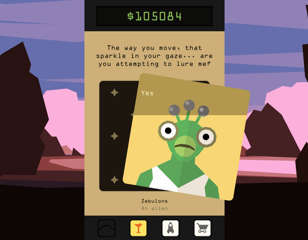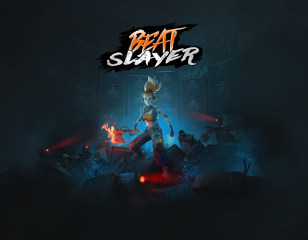Ara: History Untold review - Usurper to the throne
Here's why Ara: History Untold should be on any strategy gamer's radar.
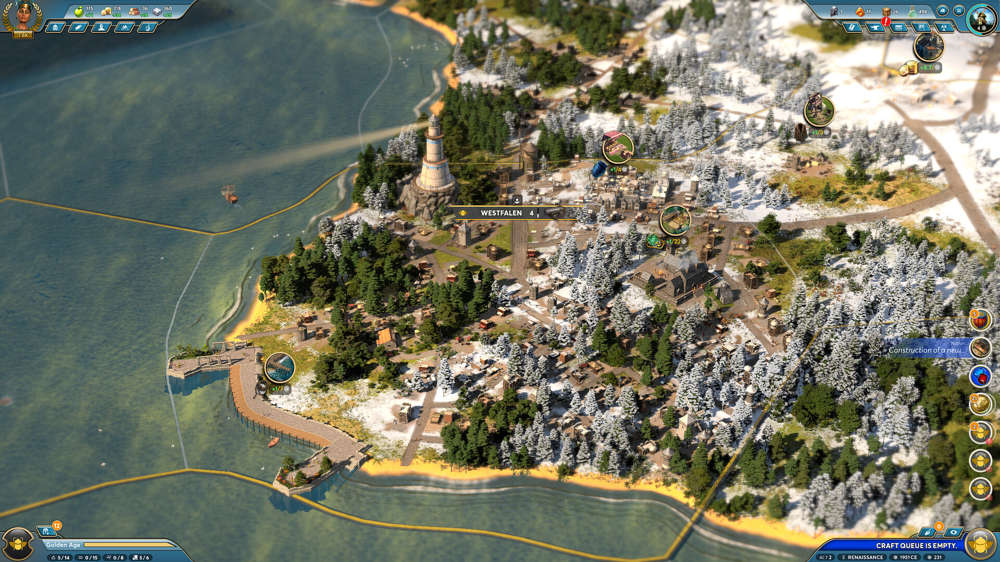
Ara: History Untold is a fantastic 4X strategy title that offers fresh ideas to help it stand aside from its influences.
Images via Oxide Games
Franchise
Ara
Platform(s)
PC
Developer
Oxide Games
Genre
Strategy
Publisher
Xbox Game Studios
Engine
Nitrous Engine
Multiplayer
Yes
ESRB
E10+
It's impossible to talk about Ara: History Untold, a new grand strategy title from Oxide Games, without mentioning Civilization. That's not just because 2K's franchise pretty much rules the roost in the 4X space, or because they look similar from a distance. Instead, it's because Oxide Games is formed of former Civ 5 developers who went off to found their own studio, not unlike the settlers in either title.
Thankfully, Ara: History Untold makes some big and small changes to a formula I thought I'd struggle to get excited about again, and even after dozens of hours ahead of launch, I can't wait to get back to it.
Ara: History Untold
Ara: History Untold brings fresh ideas for a long-running genre, and more than stands on its own because of them.
Pros
Looks great
Fun, interesting combat tools
Unpredictable turns
Cons
Some bugs
UI can be intrusive
Let’s talk about Hex, baby
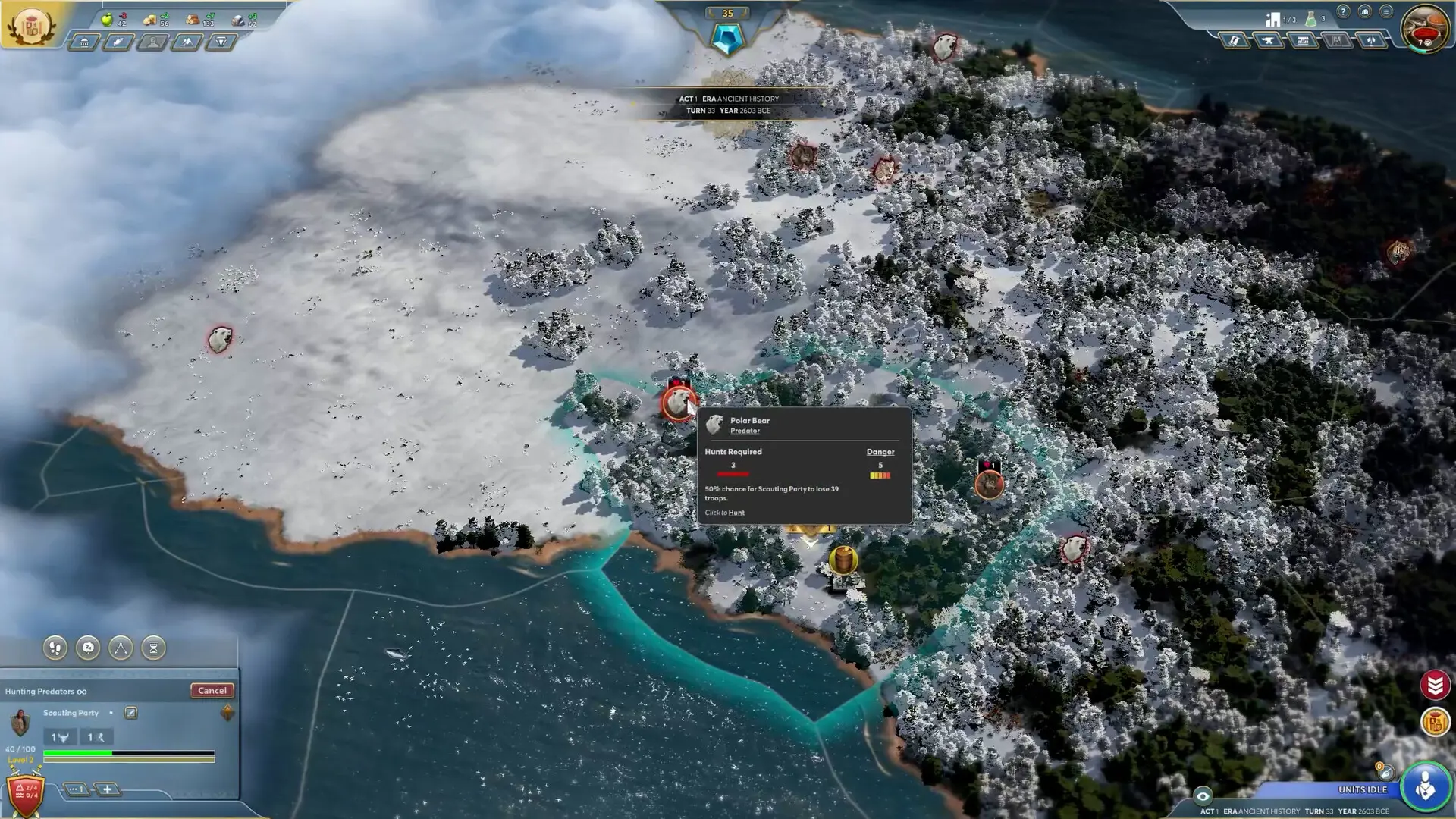
One of Ara’s biggest departures from the well-trodden path of Civilization et al is in its ditching of the hex tiles that you may have come to expect. It’s likely one of the first things you’ll notice once you jump in, and the absence of six-sided spaces feels like an odd choice at first. Plenty of regions are different shapes and sizes, and the lack of a uniform reference point can be a little jarring.
Bear with it, however, and you’ll find it’s a great way to make the world feel less like a tabletop board game and more like a, well, world. The shapes of each area will bend around rivers, lead out to coastlines, have mountainous sections and more. It’s a departure that also leads to much more detail in each section, since there are no repetitive ‘grass’ or ‘mountain’ tiles - it’s less patchwork and more of a rolling landscape.
That’s aided by the fact Ara is a very, very pretty game. I’m consistently impressed at how I can zoom in and see individual townspeople roaming around and going about their day-to-day, and while you can’t get close enough for it to feel like the Sims, it’s nice to have the option.
All together now
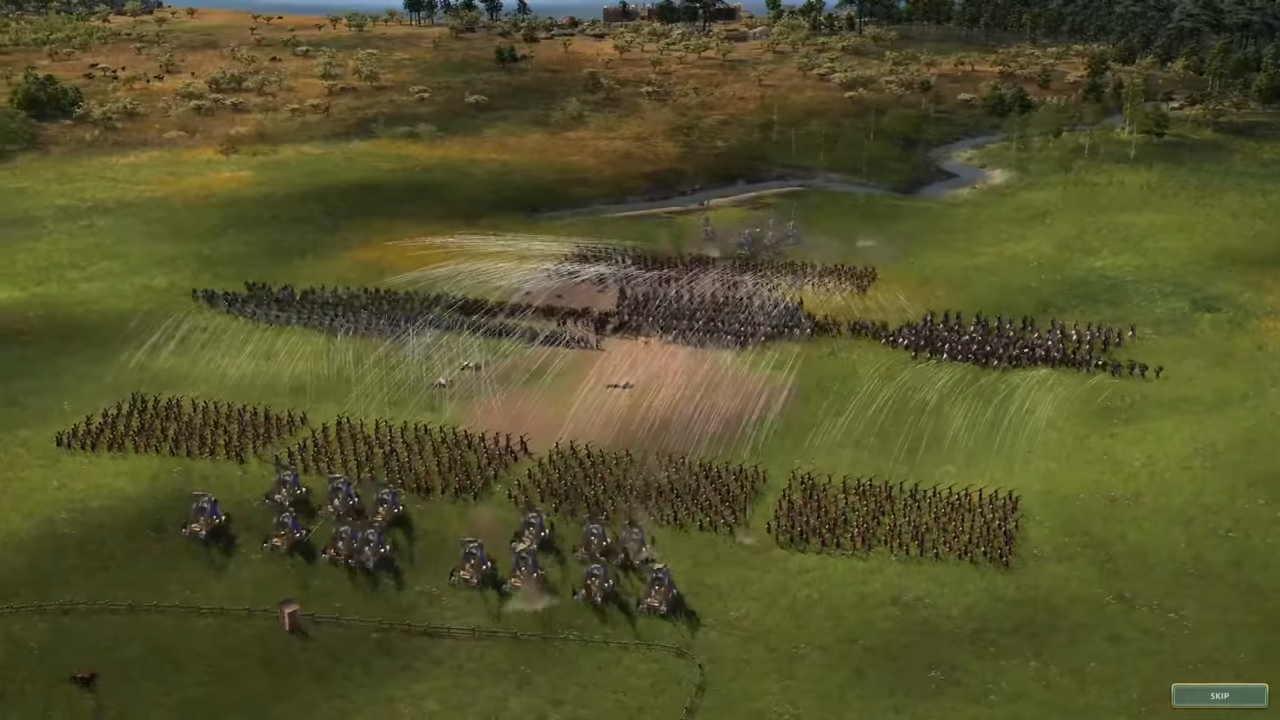
With no hexes, Ara’s biggest innovation comes to the fore - simultaneous turns. Sending a Warrior to a new tile will see them pause on the edge, and they won’t enter until you move to the next turn. At that time, the same happens with other nations, meaning things are less predictable because there’s often no telling what will happen until you press the button.
Faster units attack first, but striking early doesn’t mean defeat for the opposition. Every unit type has a counter (like cavalry closing the gap on ranged units, but being easy prey for anti-cavalry squads), and you piece together your armies to form a cohesive whole rather than simply sending individual units into scraps. Terrain and formations also play a part in combat, so your ranged units will be better suited to hilly regions, which again ties into the more varied landscapes per hex.
Putting together your warband is great fun, and watching units clash in a flurry of blades and bodies never gets old thanks to the battle camera. You’ll feel rewarded for putting together the best army you could, right down to the formation, but putting together a force for war is expensive - as it should be.
Breaking the habit of a lifetime
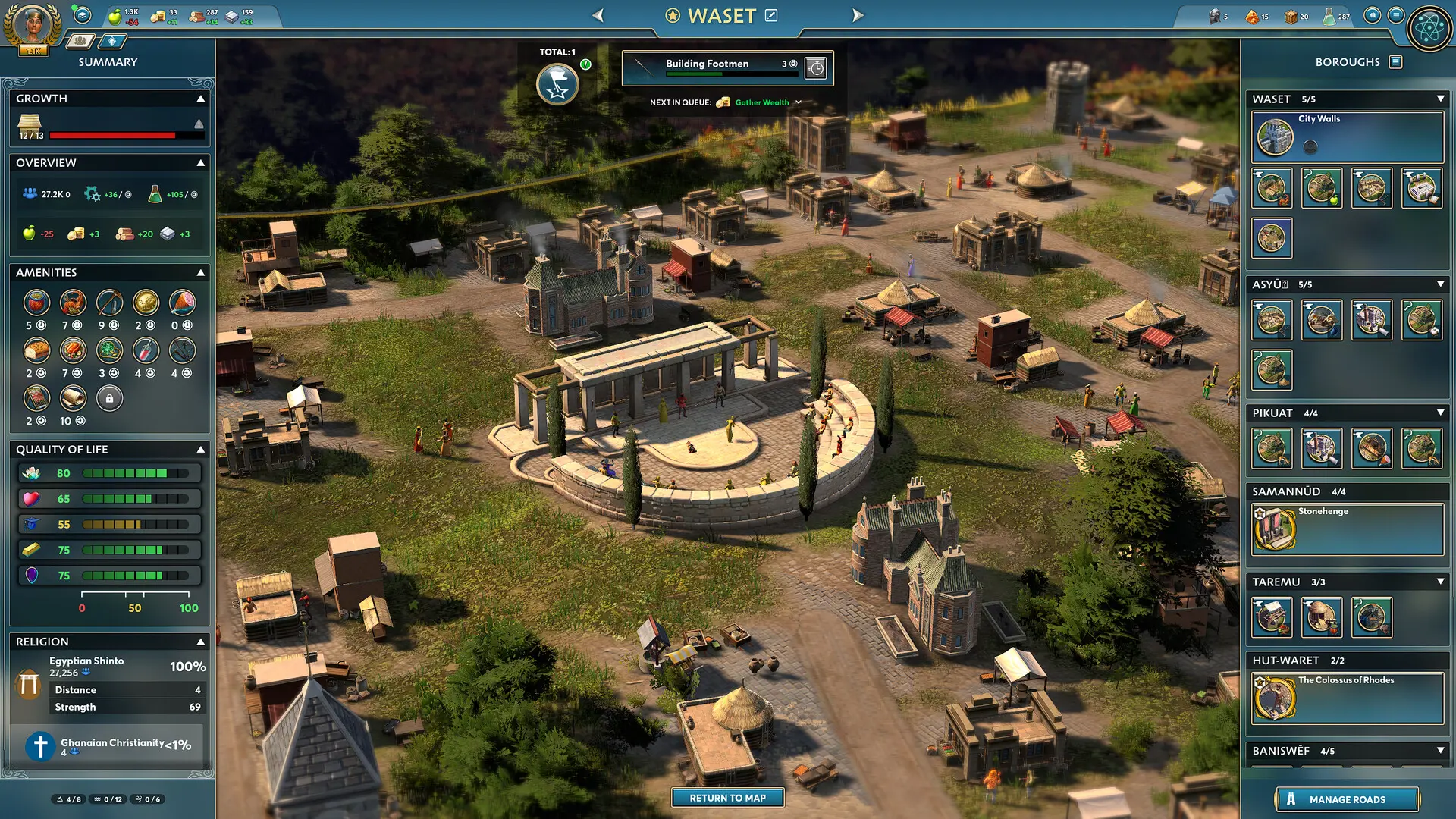
It’s hard not to talk about Ara without referencing the genre juggernauts that came before, but Oxide Games' entry makes big changes to the process of building and growing a civilization, and how you reach a victory.
For one, you’ll spend less time sending settlers out in the early turns, instead building up your main city over time. While we’ve seen other games take, say, the city of London and let players add new sections around it, cities in Ara feel like they truly grow over time, enveloping many of the oddly shaped tiles around them. You’ll still need the specific resources from each, but there’s an added satisfaction in seeing a city continue to grow well into a game. It tiptoes to the line of being a city-builder, and with that comes a level of minutiae and data that makes Ara a real treat for stat fans.
Once you get your military units together, they’ll form up in cities, and will take a turn or more to do so even once they’re produced. That’s worth noting because it means you’ll need to think a step or two ahead when it comes to diplomacy since you won’t be able to amass an army as quickly as you’d be able to relocate an existing one.
Early turns absolutely fly by, too - setting a Scout to automatically explore the map is a great way to uncover dangerous wildlife to hunt and remnants of prior civilizations to plunder, as well as make introductions with smaller tribes that, if you treat them well enough, will be assimilated into your own nation.
Throughout Ara, you’ll work to earn Prestige, and it’s this that will determine a true ‘winner’. Each nation works towards earning seven types of prestige, meaning you don’t have to win on the battlefield or through science, but you can mix and match them. For example, you can work to create masterpieces for a Culture victory, while supplementing that prestige with science and industry. Or, you can work to establish trade routes with other nations and crush them underfoot if they don’t acquiesce.
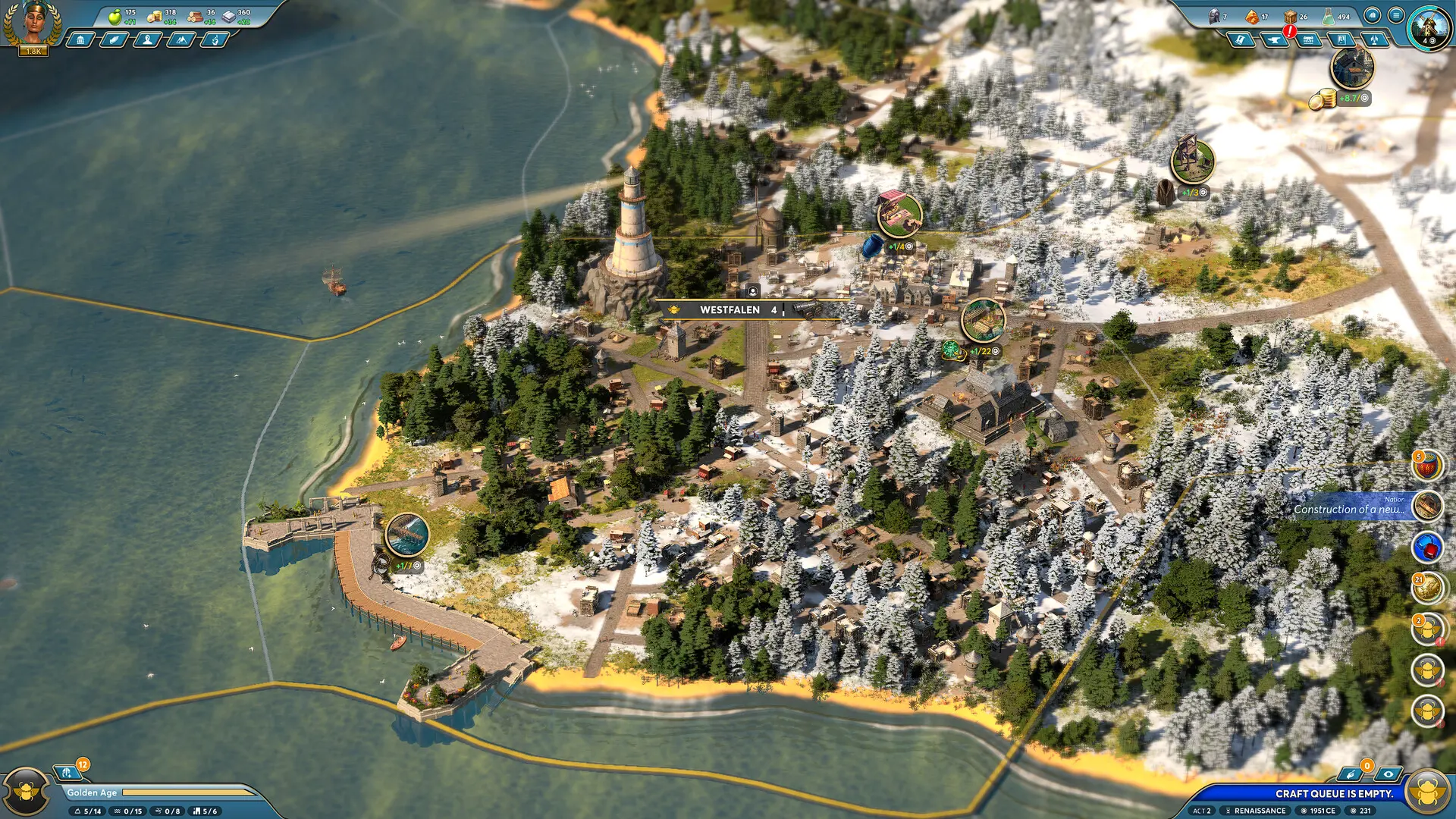
It’s a flexible system, and at the end of each ‘Act’ you’ll get a quick rundown of how much prestige you’ve earned and what Age you’ve reached. With Civilization 7 waiting in the wings with its own Ages system, it’s fascinating to see Ara offer its own spin just months prior.
As you progress through technology trees, you’ll shift between Ancient History, the Bronze and Iron Ages, and the Antiquities Era for the game’s first act of three. Individual ages can’t be returned to, so you’ll need to juggle the decision of pursuing every possible research path or moving on with just the essentials in case your opponents race clear ahead.
Each Act sees the lowest-performing nations removed, meaning things can get tense as you try to negotiate a trade route to save yourselves, or you work to wipe out another player’s army to pinch some prestige.
Why can’t we be friends?

Each leader has their own personality and traits, and I’m pleased to see a nice variety in the selection of 36 (you’ll get an additional 5 from the Deluxe version). They run the gamut from Harun al-Rashid from the Abbasid Caliphate to Isabella I of Spain, and each has an ability that plays into their strengths. Isabella, for example, has a trait that lets her units see further when on the seas, helping her nation explore more quickly in early turns.
It’s not just leaders, either. Throughout each game, you’ll uncover historical figures dubbed Paragons. From generals to philosophers, these characters will appear based on how you’re playing and work to bolster your efforts. Building your military might allow you a famous tactician to join your ranks, for example, but they’ll need to be assigned to a role within your counsel. Many of the Paragon options can be placed in different roles, so you’ll need to balance the strengths of each as you build your leadership team.
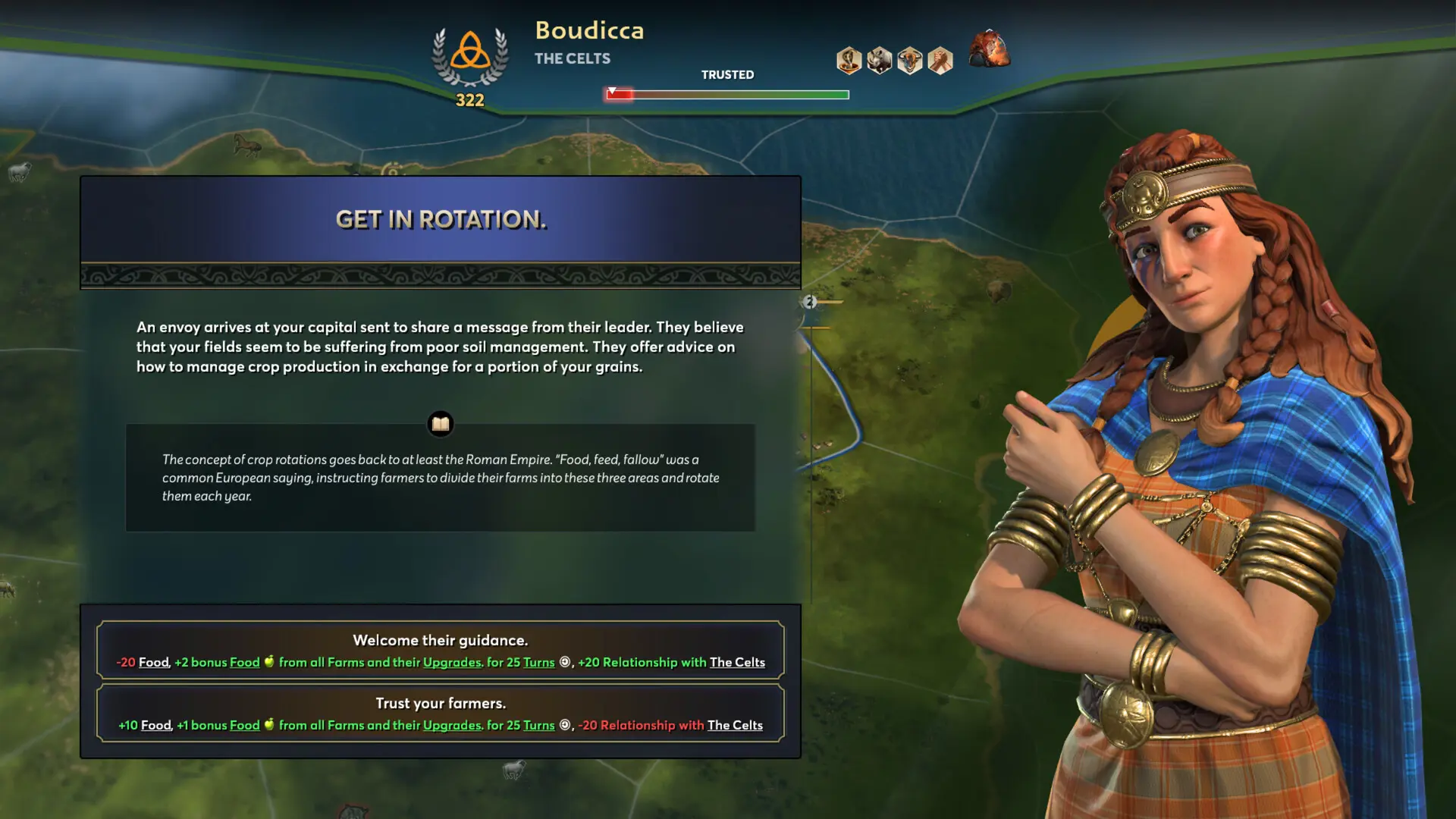
I should note that diplomacy feels a little buggy at this stage. I met a couple of leaders early on in my first game and developed a friendly, respectful relationship with them, only for Boudica of the Celts to appear at my borders, declare war for a turn, then offer a truce the next turn, and offer a gift afterwards. It’s something that will no doubt be tuned in time, but I enjoyed rallying my allies to be ready to flock to my side if things did kick off.
I also hit a hard crash that dropped me out of a game when I hadn’t saved after dozens of turns, but thankfully Ara’s autosave system meant I lost no progress - again, it’s likely to be patched, but it’s nice to know that safety net is there.
The UI here can often get a little unwieldy, too. Once you're looking at a city, planning supply lines, assigning resources and monitoring amenities, things get more than a tad cluttered.
Past, present, and future
It’s worth noting that grand strategy titles tend to launch with the aim of adding more content post-launch, and Ara is no different in that regard. What is unique is that Oxide Games says it has no plans for microtransactions.
With the game launching on Game Pass and feeling pretty feature-complete right out of the gate, that could make for a strong launch.
The Verdict
Dismiss Ara: History Untold as a Civilization clone at your peril. Between it’s slick visuals and interface, unpredictable turn structure, and large-scale combat, it matches its inspiration stride-for-stride while offering that same “one more turn” appeal long into the night.
4.5/5
Reviewed on PC. Review code provided by the publisher.
Comments

